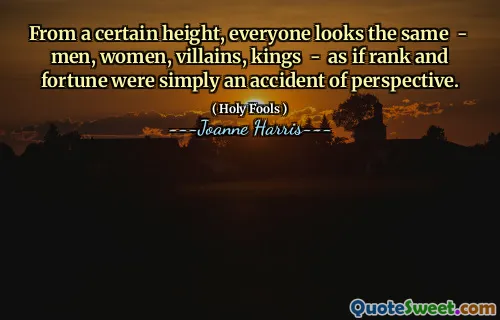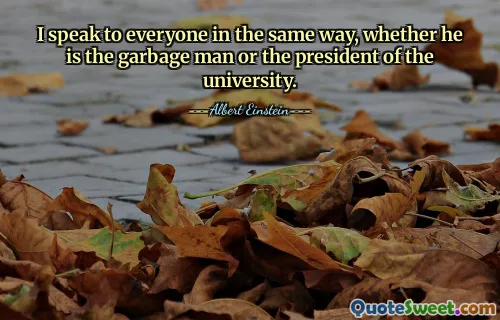Equality, citizens, is not the whole of society on a level, a society of tall blades of grass and small oaks, or a number of entangled jealousies. It is, legally speaking, every aptitude having the same opportunity for a career; politically all consciences having the same right. Equality has an organ, gratuitous and compulsory education. We must begin with the right to the alphabet.
In Victor Hugo's "Les Miserables," the concept of equality extends beyond mere social leveling. He critiques the notion of a society where everyone is identical, comparing it to a field of uniform plants. True equality involves providing every individual with the same opportunities to succeed based on their abilities, both in career paths and political rights. This perspective emphasizes that differing qualities and talents should not hinder one's chances in life.
Hugo emphasizes the importance of foundational education as a means to achieve equality. He argues that access to free and mandatory education is crucial, as it allows every individual to acquire basic literacy and skills. This right to education lays the groundwork for broader equality in society and enables everyone to participate fully in civic life. Thus, achieving true equality requires addressing educational access and ensuring that everyone starts on equal footing.




